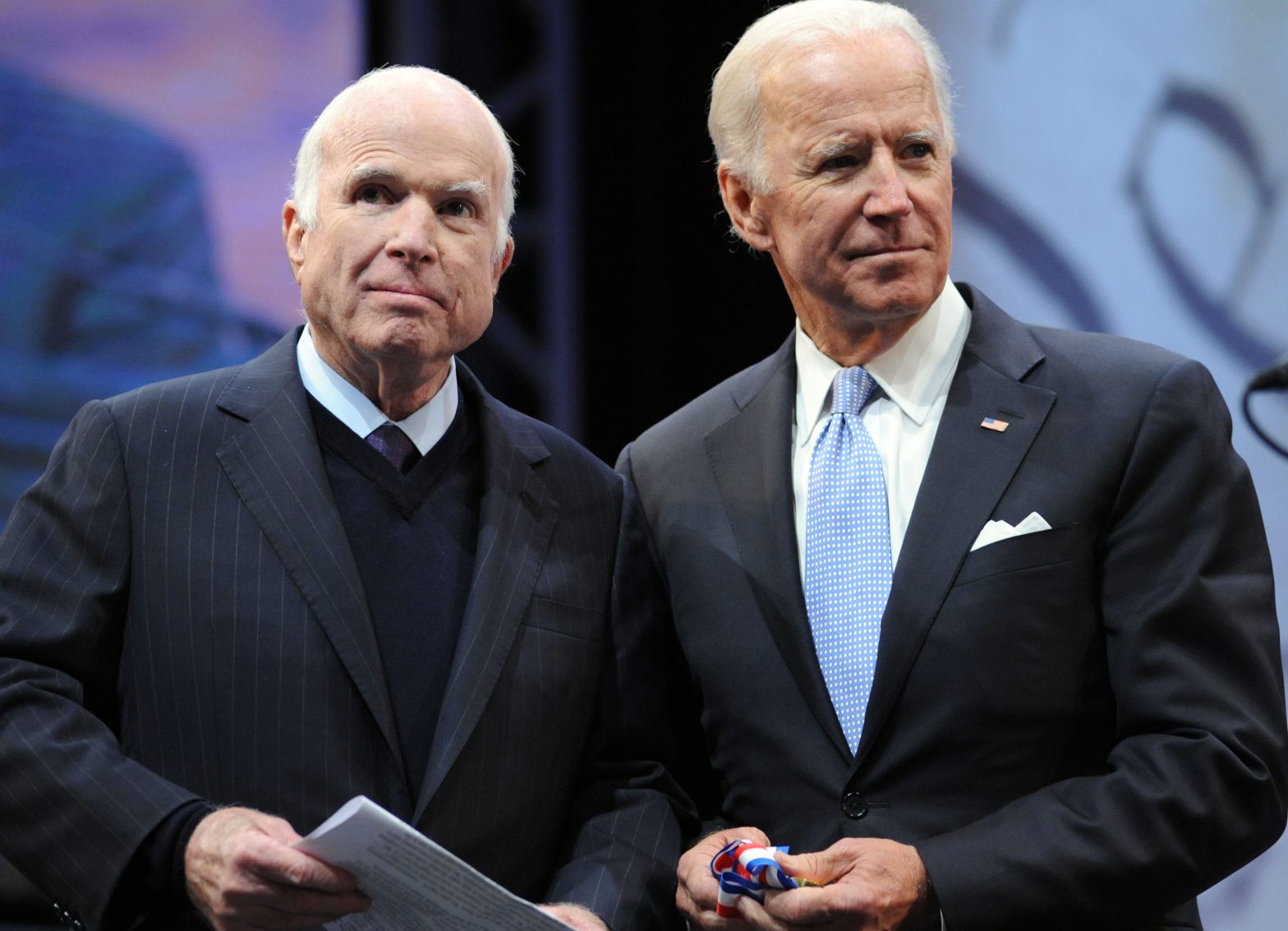Leaders Like John McCain Needed to Win the Future
COMMENTARY

Democracies around the world face a growing number of challenges. Authoritarianism is resurgent in many countries. Bad actors are challenging and undermining global rules and norms on every continent and in many international institutions. COVID-19 continues to tear at the social fabric and economic livelihoods of countries around the world, while elected leaders struggle in response to a pandemic the world has not experienced in a century. Longstanding threats from both transnational and non-state actors such as terrorist groups, cyber thieves and criminal gangs continue unabated.
Meanwhile, partisan political forces fueled by disinformation and enabled by social media constitute a new menace to democratic institutions and traditional Western values.
These dynamics have provided an opening for officials in authoritarian states such as China and Russia to question our democratic models and ability to solve problems. They are prompting some to doubt American leadership and commitment to our shared values and longstanding allies.
It is important that people do not fall for this propaganda. The world’s democracies have faced hardships in the past and prevailed; the 20th Century was full of them. The key then, as now, is simple: we must have strong, character-driven leaders to face these threats head-on. Leaders like the late Senator John McCain.
The McCain Global Leaders Program aims to foster such leadership around the world and equip the next generation with the skills needed to tackle the challenges of today and tomorrow. This one-of-a-kind experience is a 10-month fellowship that will include 25 diverse individuals from around the world who are working “in the arena” to advance democracy, human rights, and freedom. Those selected will embody Senator McCain’s legacy of serving a cause greater than oneself.
The program is designed to further each fellow’s personal and professional leadership journey and impact by providing technical skills training, resources and access to regional and global networks. Through this one-of-a-kind experience, these individuals will learn to become leaders of character who uphold their values, work across political lines, understand the value of alliances and are committed to diplomacy.
As a former U.S. Secretary of Defense and former Foreign Minister of Australia we know how important it is to have principled, character-driven leaders in our institutions. During our tenures, we faced a wide array of challenges, from a rising China, a global pandemic, widespread civil unrest, and reforming the Pentagon for Secretary Esper; to leading the international response to the shooting down of Malaysian airlines flight MH17 over Ukraine and the fight against ISIS for Minister Bishop.
The common thread in our experiences is that we, and many of our key lieutenants, had access to training, skills and mentorship that prepared us and them to lead during times of crisis. The unsettling resurgence of non-democratic forces around the world, however, demands that we better prepare those currently serving, as well as the next generation behind them.
Leaders of character aren’t born — they must be educated, trained, and developed over time. The armed forces in both the U.S. and Australia do this exceptionally well, and it shows. More must be done, however, to cultivate character-driven leaders on the civilian side of public service if we are to win the future and prevail against today’s autocrats. This is why the McCain Institute launched the McCain Global Leaders Program.
While the United States, Australia and all other western democracies face a mix of old and new challenges at home and abroad, we should have confidence in the shared values, visions, and partnerships that have guided us these past several decades. In an age when anti-democratic forces and authoritarianism are on the rise once again, the development of that next generation of leaders is all the more imperative.
The McCain Institute’s McCain Global Leaders Program is currently accepting applicants until the end of the year for the 2022 semester.
Dr. Mark T. Esper is a former U.S. Secretary of Defense and current John S. McCain Distinguished Fellow. Esper became the 27th Secretary of Defense in July 2019 when he was confirmed 90-8 by the U.S. Senate. As Defense Secretary, Esper was responsible for ensuring the United States’ national security, protecting the American people at home and abroad, and advancing the country’s interests globally. During his tenure, Esper developed key relationships with senior officials throughout the Executive Branch, members of Congress, major business and philanthropic leaders, and a wide range of international partners.
The Honorable Julie Bishop is regarded as one of Australia’s finest Ministers for Foreign Affairs and is the first woman appointed to that role. Bishop is currently a McCain Institute 2021 Kissinger Fellow. Elected to the House of Representatives in 1998 following a highly successful legal career, Julie has served as Minister for Ageing; Cabinet-level Minister for Education, Science and Training; and as the Minister supporting the Prime Minster on Women’s Issues. She was the first woman to be elected as the Deputy Leader of the Liberal Party when elected to that position in 2007, which she held until 2018.
























